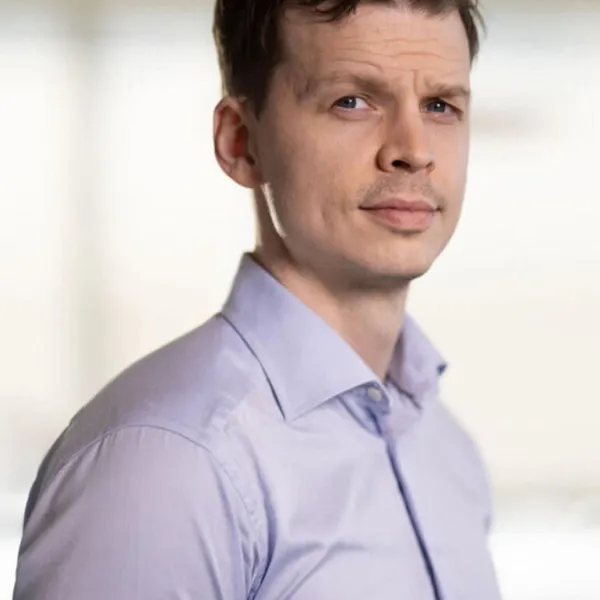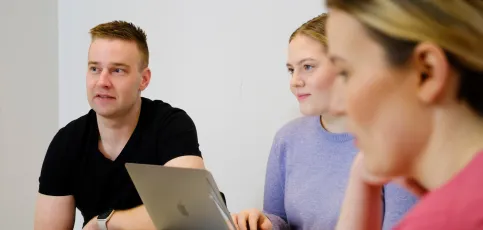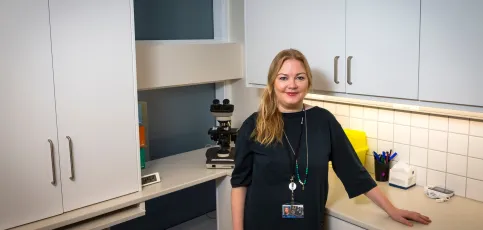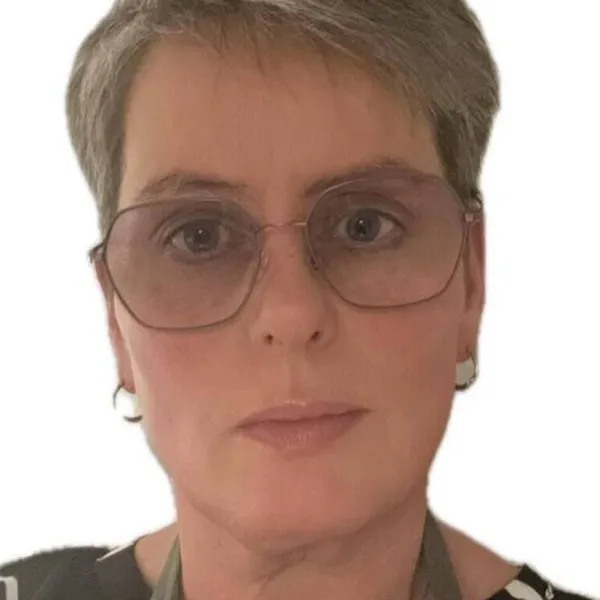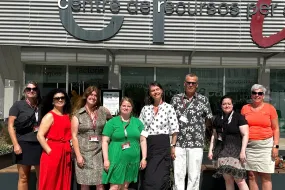



Hao Geng
Doctoral Graduate Student
School of Engineering and Natural Sciences
Rafmagnsverkfræðistofa
Rafmagnsverkfræðistofa
VR-2 -
Education
- 2023 Master's Aalto University Electronic and Digital Systems
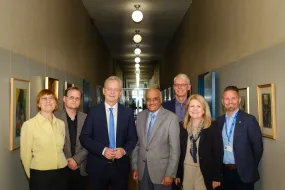

Elvar Örn Jónsson
Research Assistant Professor
School of Engineering and Natural Sciences
The Institute of Physical Sciences, Chemistry Division
The Institute of Physical Sciences, Chemistry Division
Adjunct Lecturer
School of Engineering and Natural Sciences
Faculty of Physical Sciences
Faculty of Physical Sciences
VR-3 -
V03-216
Speciality
